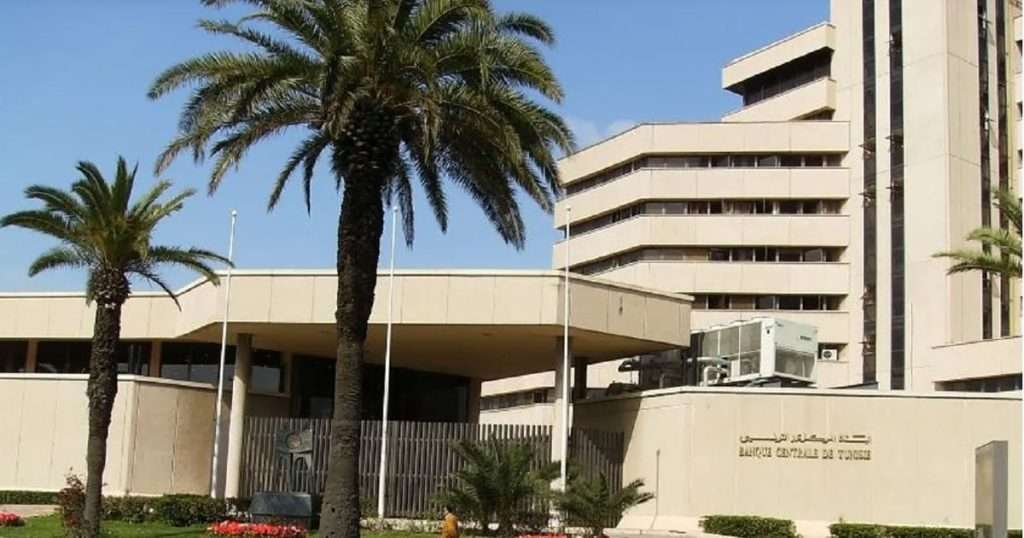Tunisia repays $1bn in foreign loans as debt struggle continues

The Tunisian government has successfully paid back $1.18 of foreign loans this month as the country continues to struggle with debt.
According to the New Arab on January 30th, Tunisia repaid a group of three foreign loans worth $1.18bn to foreign creditors, including a $110m installment to the IMF and $50m to Saudi Arabia.
The payment, that constitutes 43.3% of debts incurred this year, has led to foreign currency levels to dangerously drop from 119 to 104 import days – the number of days a country’s foreign reserves can sustain its average daily imports.
Levels are considered critical and devaluation-prone when under 90 days.
A study from the Tunisian Observatory of Economy showed that Tunisia’s budget deficit increased by 450% in the period between 2011 and 2022, when Tunisian economy was at its worst, causing the borrowing to increase from $1.2bn to $5.6bn.
This comes as the agency Fitch has upgraded Tunisia’s grade citing the country’s commitment to meeting its external debt. The rating agency anticipates the government has enough liquidity to meet its contracted financings, and that the fiscal deficit will decrease to from 6.8% in 2024 to 5.7% GDP in 2025.
Over the past years, President Saied has initiated a shift and resorted to local financing from the Tunisian Central Bank in an effort to stay away from IMF package deals that above all demand stringent cuts of public spending.
However, this overreliance on public debts could lead to a public debt default, warn experts, which could leave a lasting scar on the Tunisian economy.
While the biggest symptoms of economic malaise has passed (inflation was reaching 10.3% in 2023), increasing unemployment and commercial balance deficit show the Tunisian economy is still in shambles despite the government’s austerity policy and increasing tax revenue.
The recent income tax reform issued by the government should also participate in raising State revenues, as more progressive tax brackets have been put in place, including an “exceptional contribution” from companies with revenues over 20 millions Tunisian dinars.
The New Arab, Maghrebi, Carnegie
Want to chase the pulse of North Africa?
Subscribe to receive our FREE weekly PDF magazine














